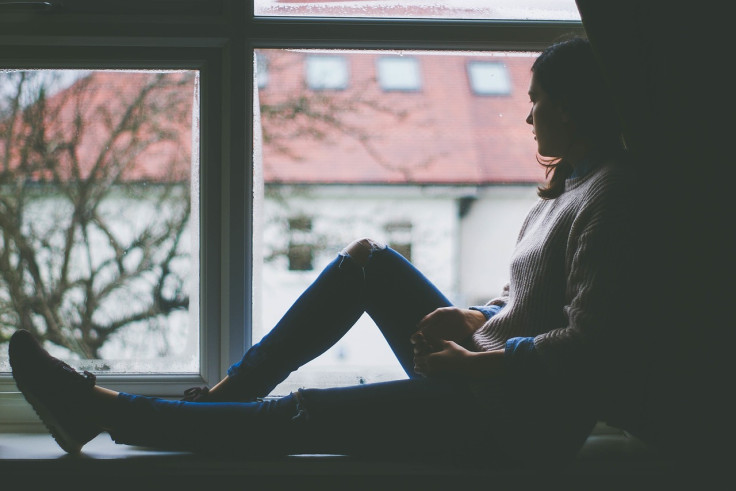Doctor warns of seasonal affective disorder this winter; gives tips on how to cope
With winter around the corner, seasonal affective disorder may occur but there are some things that you can do to cope with this kind of depression.
Winter does not only bring cold weather, but it also affects the mood. With colder nights, and seemingly longer darker days, physicians are warning about seasonal affective disorder. More so there is still the pandemic that people have to deal with.
Seasonal affective disorder (SAD), is a type of depression that a number of people were shown to suffer from or experience for a few months, particularly during winter or late fall. Usually, this kind of depression could sap your energy and would make you feel moody. In some instances, it could last until spring or sometimes, early summer.
Jaime Blandino, co-founder of Thrive Center for Psychological Health in Decatur, Georgia, and a clinical psychologist, revealed to CNN that emotional winter is coming. He hinted that people can expect a surge in SAD cases this year, especially more so when there is a pandemic to deal with, along with the election.
The American Psychological Association said that people rely on sunlight to help them sleep. Sunlight helps in stimulating the production of melatonin, which is the hormone that helps in regulating the sleep-wake cycle. Aside from this, fewer hours of sunlight also results in a drop in brain chemicals, like serotonin, which helps in regulating the mood.
The National Institute of Mental Health revealed that getting a SAD diagnosis would need individuals to have major depressive episodes, for at least two years, and which those episodes must coincide with the season. Between men and women, the latter is more prone to SAD. Those who are living far from the equator are also at a higher risk. Moreover, women, young adults, and those with a history of depression are more prone to the condition.
Some of the things that you can do to cope with seasonal affective disorder include:
- List your favourite self-care activities like morning walks or bubble baths,
- Start a journal and reflect on the small pleasures,
- Get some extra sunlight or consider checking out bright light therapy, or light therapy lamps,
- Spend some time cooking on weekends,
- Find a therapist who could listen and give you sound advice.
Blandino said that the pandemic has somehow affected the emotional states of people. Before the coronavirus outbreak, they did not worry much about their mental health, now there are those who suffer from depression.
© Copyright IBTimes 2025. All rights reserved.






















